What are Shim Plates
Shim plates are thin, often tapered or wedged pieces of material, traditionally metal, which are used to fill small gaps or spaces between objects for a variety of purposes such as leveling, support, improved fit, or providing a wear surface. These components play a crucial role in numerous industries, including machinery repair shops, construction, printing shops, building material shops, manufacturing plants, advertising companies, garment shops, and food shops. The primary function of shim plates is to adjust the space or clearance within machinery or structural components to ensure precise alignment and uniform operation.
The use of shim plates is governed by the principle of fine adjustment. In applications where tolerances are tight and precision is key, such as in complex machinery or load-bearing structures, the introduction of shim plates can make all the difference. By inserting these thin plates into the assembly, technicians can correct misalignment, compensate for wear and tear, or achieve specific engineering requirements without the need for complete disassembly or expensive machining.
Shim plates are typically made from materials like steel or iron due to their durability and resistance to compression. However, the choice of material can vary depending on the specific application and environmental conditions the shim plate will be exposed to. For instance, stainless steel shim plates offer corrosion resistance and are suitable for applications where they may come into contact with moisture or chemicals.
Types of Shim Plates
Different types of shim plates are available to suit a range of applications and environments. Here's a closer look at some common variations:
Steel Shim Plates: These are widely used for their strength and durability. Steel shims can support heavy loads and are often found in applications involving machinery and structural supports where high strength is required.
Iron Shim Plates: Iron shims offer robustness at a lower cost compared to some other materials. They are commonly utilized in environments where the additional features of more expensive materials are not necessary.
Stainless Steel Shim Plates: With corrosion resistance as a key feature, stainless steel shims are preferred in settings prone to moisture or chemical exposure. Their longevity makes them suitable for both indoor and outdoor applications.
Ultra-Thin Shim Washers: Sometimes precision adjustments require very thin shims. Ultra-thin shim washers can provide minute adjustments in spacing or alignment that larger shims cannot achieve.
Slotted Shims: These shims have slots that allow them to be installed around bolts or other protrusions without disassembling the entire assembly. They are convenient for making quick adjustments during maintenance or assembly operations.
How to Choose Shim Plates
When selecting shim plates for business purposes—especially within the context of B2B sales—there are several important considerations:
Material: The choice should be based on the application's requirements for strength, corrosion resistance, and environmental conditions. Stainless steel might be preferred for its longevity in harsh conditions while plain steel could be selected for cost-effectiveness where corrosion is not a concern.
Thickness: The thickness required is dictated by the gap that needs to be filled or the adjustment needed. Often, a variety of thicknesses may be necessary to achieve the desired outcome.
Size and Shape: Depending on the assembly or space where shims will be used, different sizes and shapes may be appropriate. For example, slotted shims could be necessary when adjustments need to be made around existing installations.
Businesses must also consider supplier reputation and reliability when purchasing shim plates in bulk on B2B platforms like Alibaba.com. The platform's vast network allows buyers to compare different offerings and ensure they find a match for their specific requirements.
Best Shim Plates on Alibaba.com
For businesses seeking reliable shim plate solutions, Alibaba.com stands out as a comprehensive marketplace with an extensive selection of products tailored to meet diverse industrial needs. With offerings from over 200,000 suppliers in nearly 5,900 categories—including various types of shim plates—Alibaba.com facilitates efficient sourcing for machinery repair shops, construction companies, manufacturing plants, and more.
The platform's commitment to supporting small and medium-sized businesses is evident through services like Trade Assurance which bolsters buyer confidence by protecting payments until delivery is confirmed. This feature underscores Alibaba.com's focus on providing secure transactions and fostering trust between buyers and suppliers globally.
In addition to security, Alibaba.com simplifies international trade with user-friendly features such as mobile buying capabilities and local language communication tools. This dedication to making business operations seamless allows companies worldwide to quickly find the high-quality shim plates they need without navigating complex trade barriers. Whether seeking standard steel shims or specialized ultra-thin washers, businesses can leverage Alibaba.com's global reach and robust supply chain solutions to secure their required materials efficiently and effectively.
Common FAQs for Shim Plates
What are shim plates used for in industrial settings?
Shim plates are used to fill gaps, align components, adjust clearances, and provide support or leveling in industrial machinery and structures to ensure precise operation and prolong equipment life.
How do I determine the correct material for shim plates in my application?
The choice of material for shim plates should be based on the specific needs of the application, including strength requirements, environmental conditions, and potential exposure to corrosive substances.
What thicknesses do shim plates come in?
Shim plates are available in a wide range of thicknesses to accommodate various gaps and alignment needs, with ultra-thin options for precise adjustments.
Can shim plates be customized to specific sizes or shapes?
Yes, many suppliers offer customization options for shim plates, including specific sizes, shapes, and even pre-cut slots to fit around bolts or other fixtures.
What industries commonly use shim plates?
Shim plates are utilized across multiple industries such as machinery repair shops, construction sites, printing shops, manufacturing plants, and more where precise alignment is crucial.
How can I ensure I choose a reputable supplier for shim plates?
Research suppliers' track records, customer reviews, and verify their credentials to ensure you are partnering with a reliable source for your shim plate needs.
Are stainless steel shim plates better than other materials?
Stainless steel shim plates offer corrosion resistance and durability, making them suitable for applications that require longevity and exposure to harsh environmental conditions.
How do slotted shims differ from regular shims?
Slotted shims have cutouts that allow them to be fitted around obstacles like bolts without disassembling the entire structure, making them convenient for quick adjustments.
Is it possible to order a sample batch of shim plates before placing a large order?
Many suppliers may accommodate requests for sample batches so businesses can assess the quality and suitability of the shim plates before committing to a large order.
Are there any standards I should be aware of when selecting shim plates?
It's important to consult industry-specific standards and regulations to ensure the shim plates you select meet the necessary criteria for your particular application.



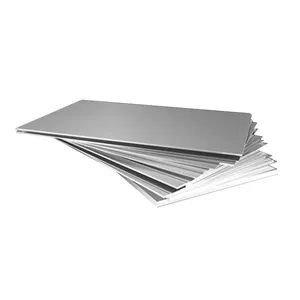





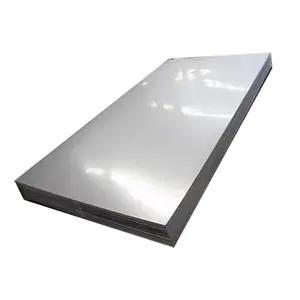


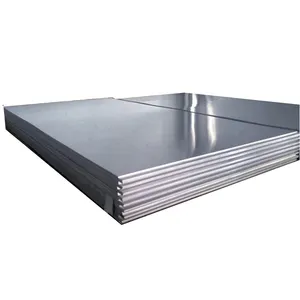
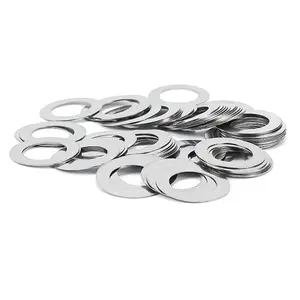
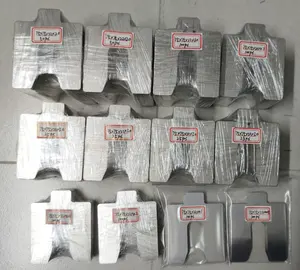

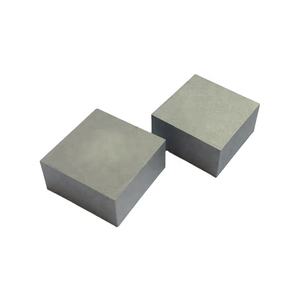
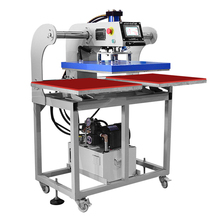
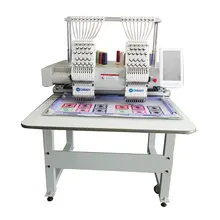



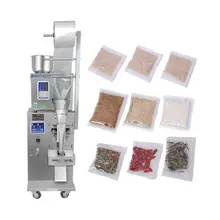

























 浙公网安备 33010002000092号
浙公网安备 33010002000092号 浙B2-20120091-4
浙B2-20120091-4